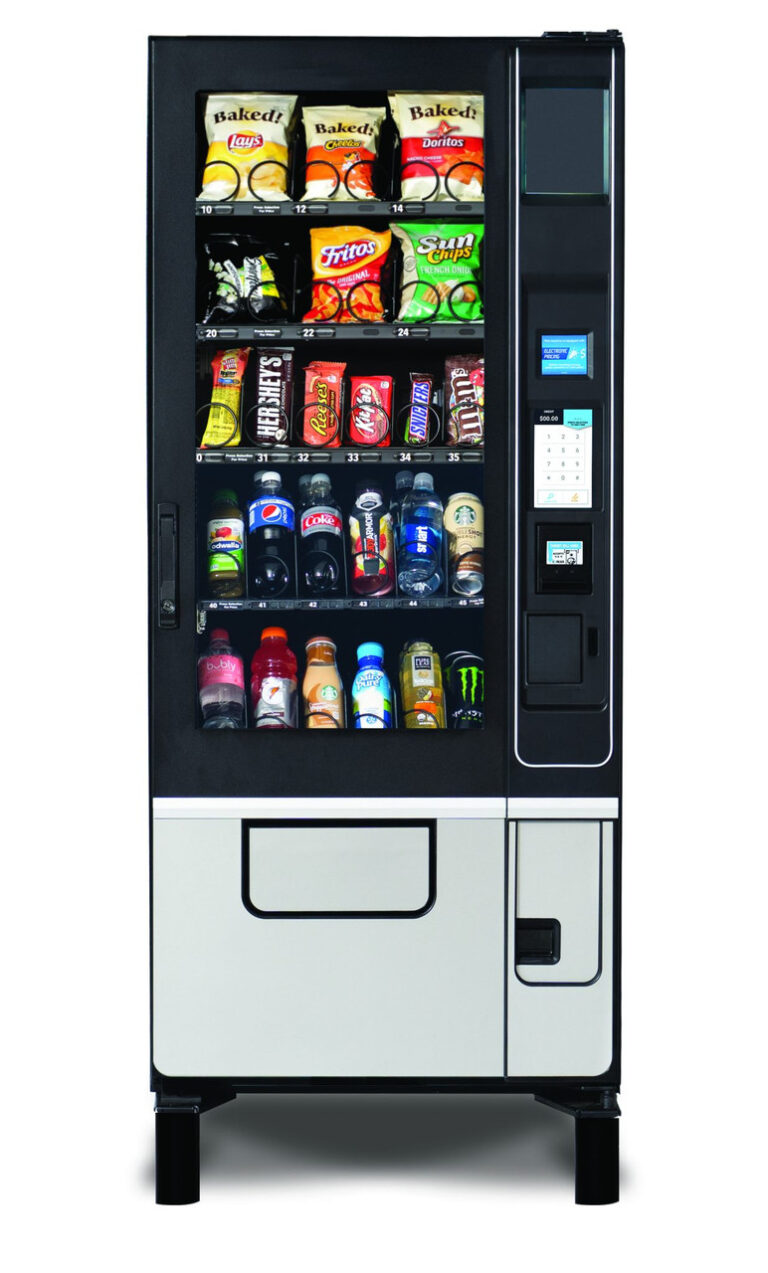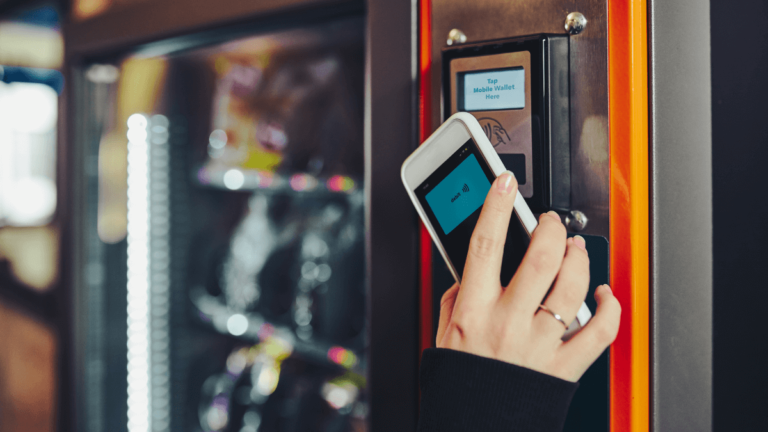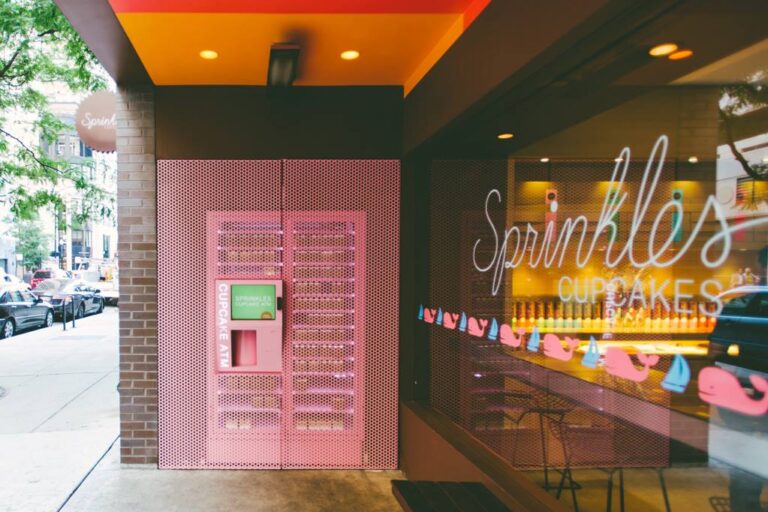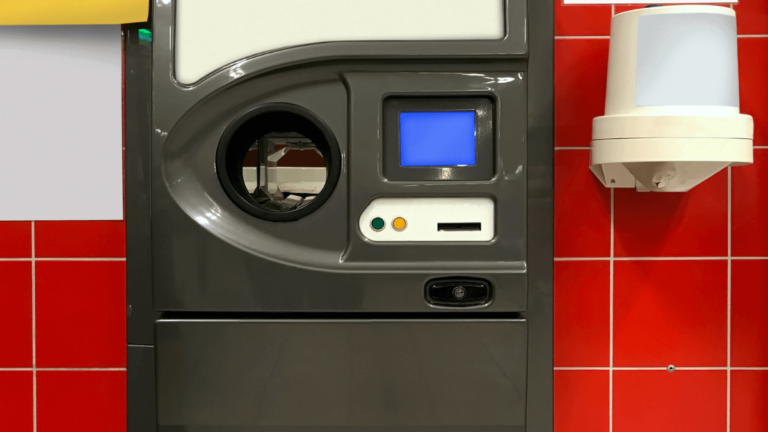How to Start a Vending Machine Business in Texas: GUIDE
Wondering how to start a vending machine business in Texas? Continue reading to get a headstart with our step-by-step guide.
Are you thinking about operating vending machines in Texas? If so, you’re in the right place. We’ll give you a step-by-step guide to help get you on the right track.
First, you should plan your business, form a legal entity, register for taxes, obtain necessary permits, and get business insurance.
But these are merely broad steps. To get more details and information about how to start a vending machine business in Texas, continue reading!
RELATED READ: How to Start a Vending Machine Business in Florida?
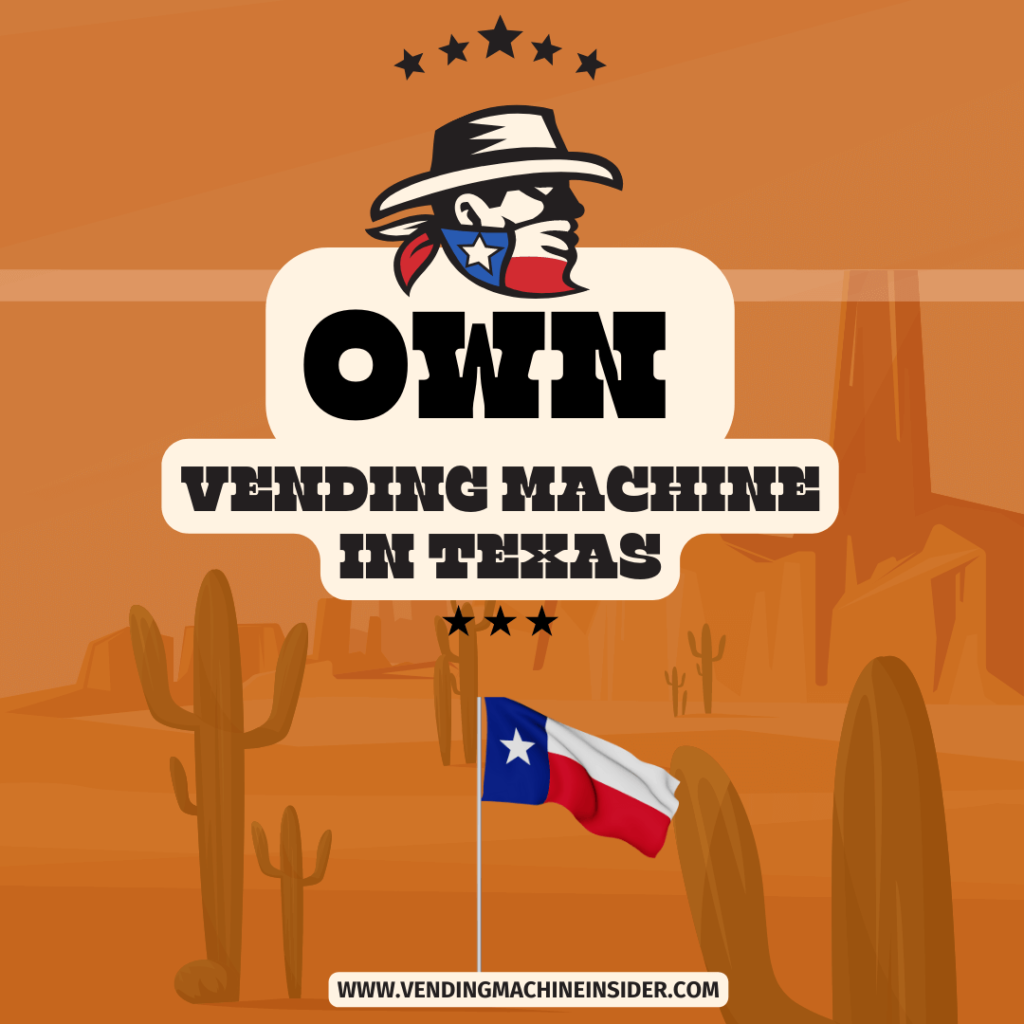
9 Steps to Start a Vending Machine Business in Texas
Here are the steps you should follow to start a well-planned and legal Vending Machine business in Texas.
Step 1. Put a Solid Plan
The first step in starting any business is to put a solid plan. The plan should include your target market, the products you’ll sell, where you’ll put the machine, and financial analysis. The financial analysis will help you determine your business’s startup and running costs.
As for the target market, once you choose it, the products and the location will come naturally. For instance, if you’re targeting athletes and gymnasts, you’ll sell healthy protein bars and energy drinks.
Also, you’ll look for a sports facility or a gym to place your machine.
Alternatively, if you’re targeting students, you’ll need to fill your machine with caffeine drinks and quick snacks. As for the location, you’ll look for a university or school.
So start by choosing your target audience, and go on from there.
Step 2. Build Your Brand
To start any small business, you should build a brand for it to make it more appealing to people. Building a brand includes choosing a name, designing a logo, and settling on a personality.
For instance, you should decide whether you want to sell sugary snacks or healthy foods. A distinctive business personality will help you market your machines better and attract more customers.
As for the name and logo, you can choose them according to your personal preferences and target audience.
Step 3. Form a Legal Entity
After putting a plan, you’ll need to form a legal entity. Most vending machine owners settle on forming limited liability companies (LLCs) because this entity helps protect their businesses from liabilities and debts.
However, you also have partnership, corporation, and sole proprietorship structures to choose from.
Step 4. Register for Taxes
To register for taxes, you’ll need to get an employer identification number (EIN) first. It’s basically a Social Security Number for your vending machine business and consists of nine digits.
Beware that you must form a legal entity before registering for taxes because when you apply for the EIN, you’ll be asked about your business structure and legal name.
In Texas, you’ll need to get a Seller’s Permit to pay taxes properly. To do so, fill out the Texas Sales and Use Tax Permit application. Generally, all food products and soft drinks are taxable in this state.
5. Obtain Licenses and Permits
Starting a vending machine business in Texas calls for three different licenses. First, you’ll need to obtain Import, Repair, and General Business licenses.
Then, depending on your business structure and conditions, you might also need to obtain a Registration Certificate.
This is for permits on the state level. However, you’ll also need to obtain permits on the federal level if you plan on selling food.
Beware that these regulations are essential for starting a business. If you fail to obtain the necessary paperwork, you risk paying large fines.
Step 6. Open a Bank Account
Opening a bank account for your business will help you separate personal and business expenses, making it easier to calculate revenues. Also, it’ll come in handy if you want to apply for a business loan.
Step 7. Get Business Insurance
After getting all the necessary licenses and permits, you should get business insurance. It’ll protect you in case of accidents and losses, and it’s necessary for your business to operate legally and properly.
First, you should get General Liability Insurance, which is the most common type of insurance among small business owners.
However, you should know that it isn’t mandatory in Texas. So you can go on without it, but we don’t recommend it. Second, you should get Worker’s Compensation Insurance if you have employees.
Step 8. Set Up a Phone System
Setting up a phone system for your vending machine business will help customers find you faster, which is essential.
For example, suppose your machine malfunctioned and didn’t give the customer any change.
They’ll need to contact you to get their money back. Also, it’ll make you more reachable to potential investors.
Step 9. Market Your Business
Whether you create a website or a social media platform account, marketing your business is critical. It’ll help you gain more customers and spread your business name around.
You can create an account on Instagram or Facebook. First, however, set aside a budget for ads and marketing.
To Wrap Up
Starting a vending machine business in Texas might be a bit hectic initially, but we’ll help you write a quick to-do list to know where to begin.
First, you should put a plan, build your brand, and form a legal entity. Once your business is legal, you can register for taxes, obtain necessary permits, and get insurance to protect yourself from liabilities and debts. You can also set up a phone system and create a social media account to help customers reach you.
Now that you know how to start a vending machine business, it’s time to start your successful journey!

